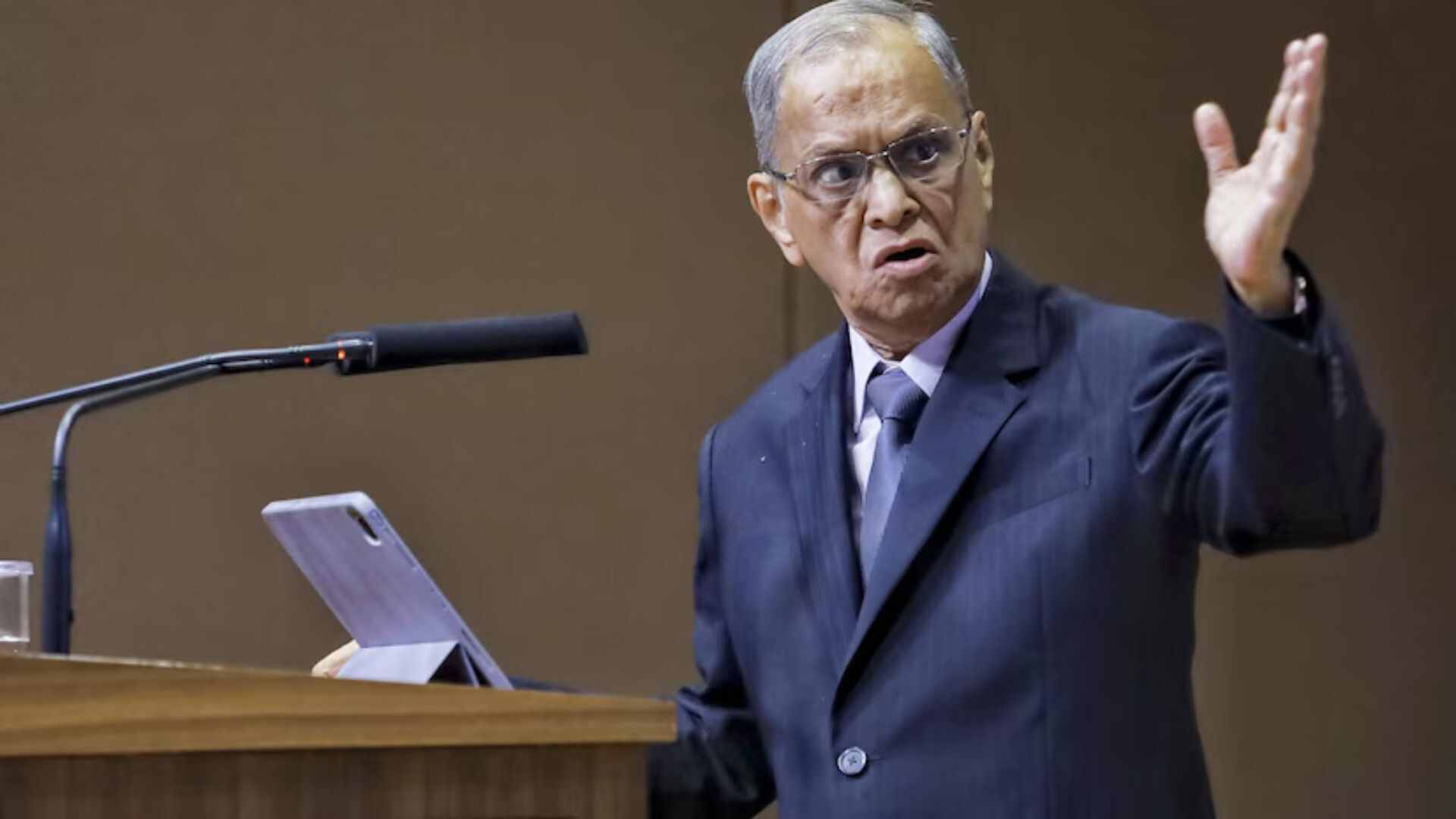
Imagine watching a movie mid-way. In the movie, a seemingly innocent man is playing with his kids, and then some policemen knock at his door and arrest him. You may think this is so horrible “ Why did this happen? He doesn’t deserve it ! “ But having come while the movie was in progress, you may not have witnessed what already happened. Maybe the man committed some fraud, some scam or conspired a murder.
So, based on superficial appearances, one might say, “Oh, he was such nice father. Why did he have to suffer so?” But there were things that the man did that led to him being arrested that we are unaware of.
Similarly, in our lives, when we see so much injustice and evil around us, most of us wonder why God is silent. Why me! What did I do to deserve this?” And why doesn’t he do anything about it? Most of these questions can be answered by the law of karma.
Although people know about it, the intricacies of karma are difficult to appreciate. The word “karma” is a Sanskrit term that means action or activity, but also conveys , that for every action there is a reaction. In classical physics, there is a similar idea: for every action, there is an equal and opposite reaction. Whatever we do in the material realm creates a reaction. “As you sow, so shall you reap.” The sacred texts explain that there is a great chain of cause and effect, of actions and reactions, and that the intricacies of action and reaction are difficult to comprehend.
In general, the reaction for a good deed is material enjoyment, and the reaction to a sinful activity is distress. As the karmic record, cannot be black or white but have million shades of gray, therefore everyone suffers a combination of pleasure and pain.
Karma thus locks us up in a cycle of action and subsequent reaction. Some which are about and some we are not like the analogy of the movie. As long as we are in this cycle, we will experience both happiness and distress. Even if we act in a pious way, we destine ourselves to accept another material body at death to enjoy the reactions to our materially good actions. As long as we accept a material body, we cannot avoid the miseries of disease, old age, and death.
Seeing through spiritual standpoint and principles of reincarnation, we can see life with a broader perspective – not of one brief lifetime, which is nothing more than a flash in time, but from the standpoint of eternity. With this broader vision we can understand how each of us individual souls is alone responsible for what happens in our life.
Courtesy: ISKCON















